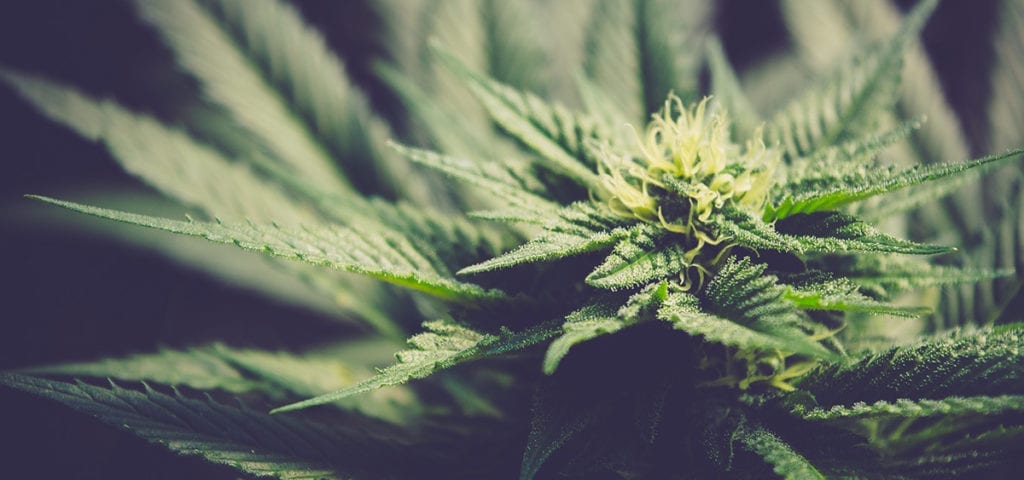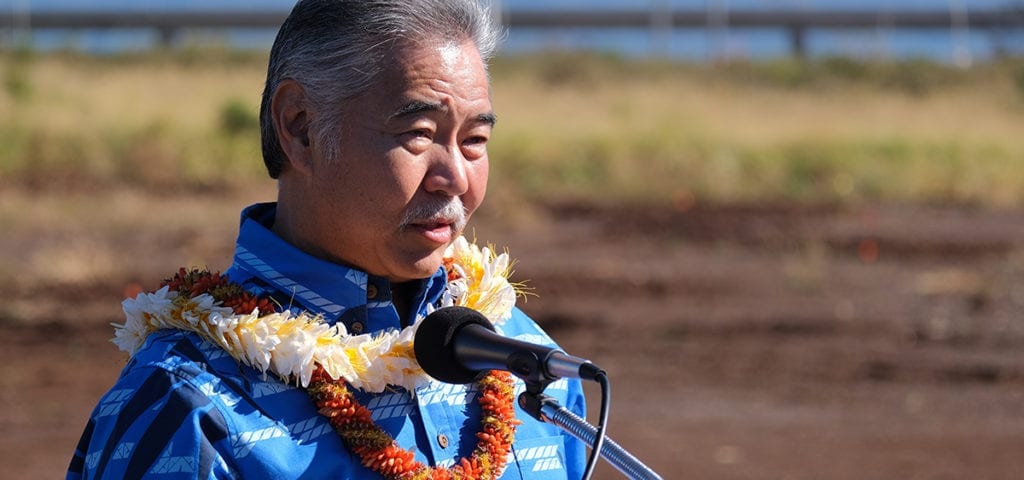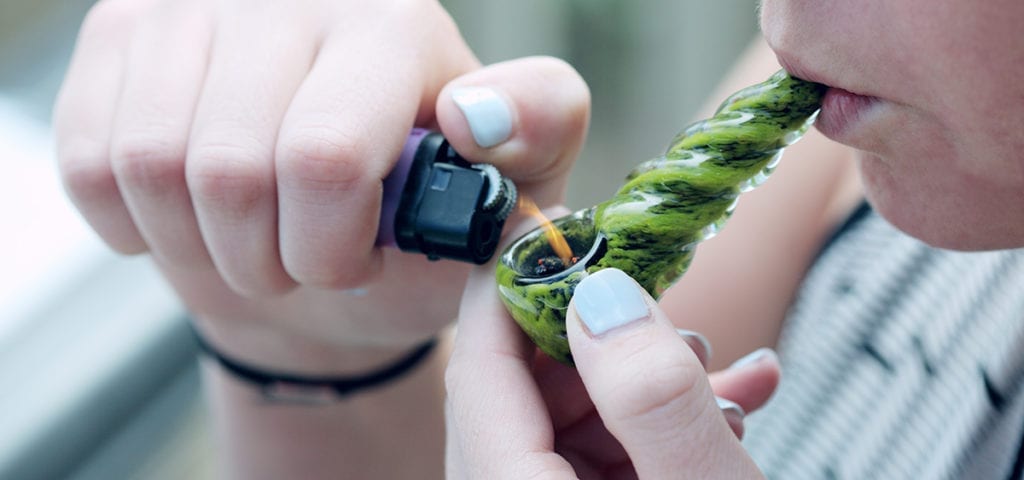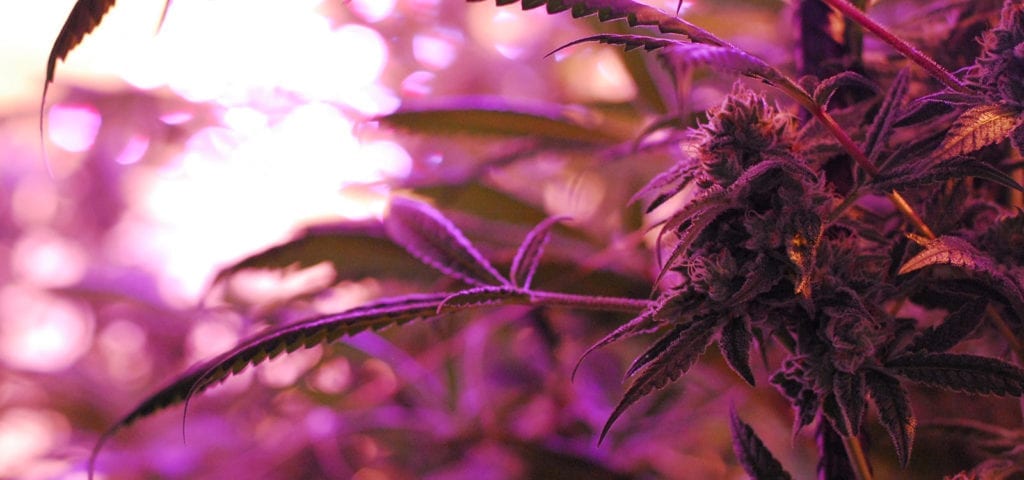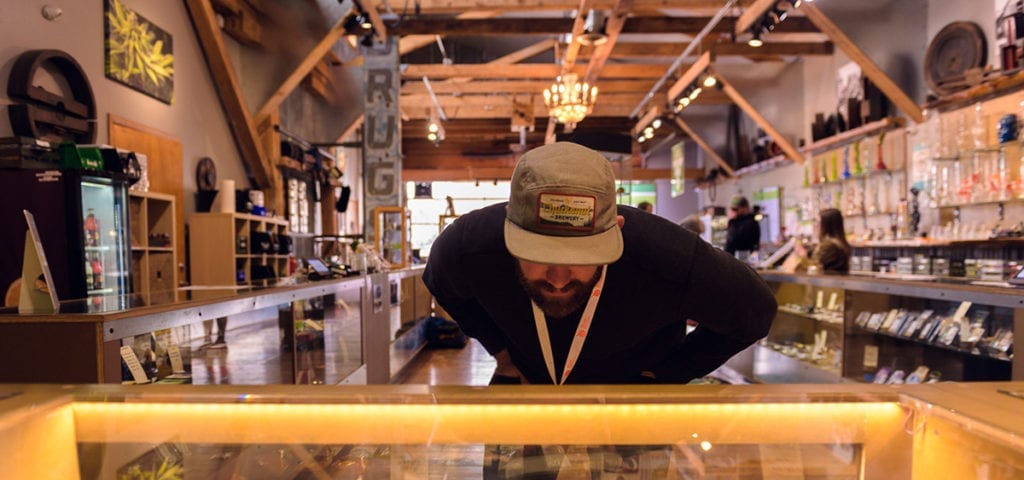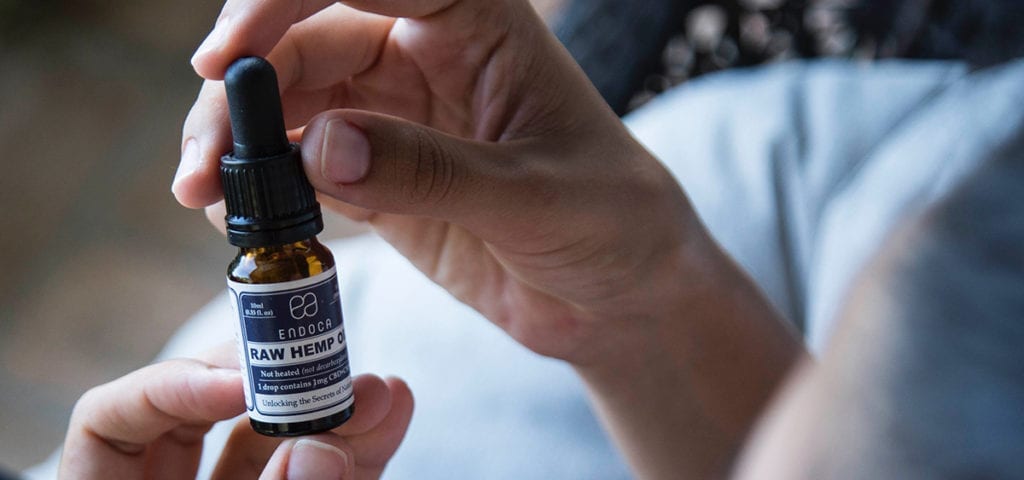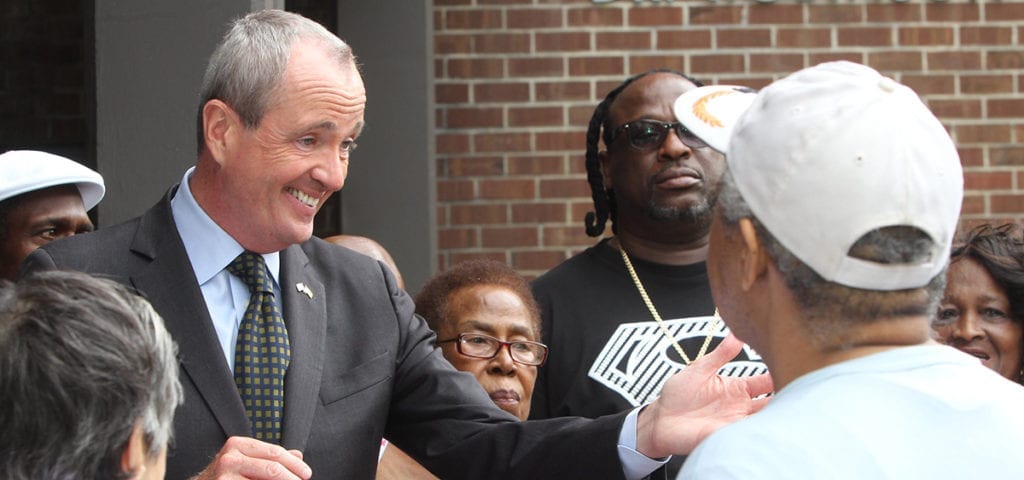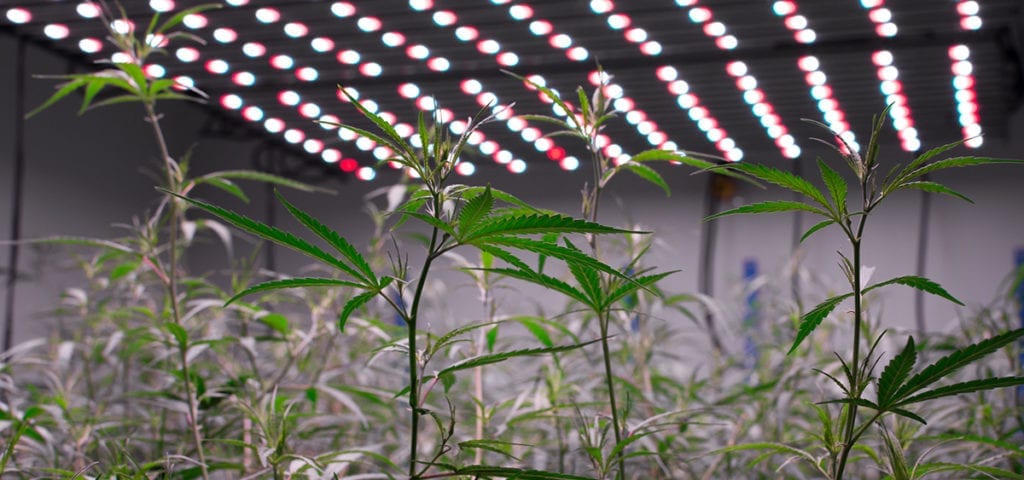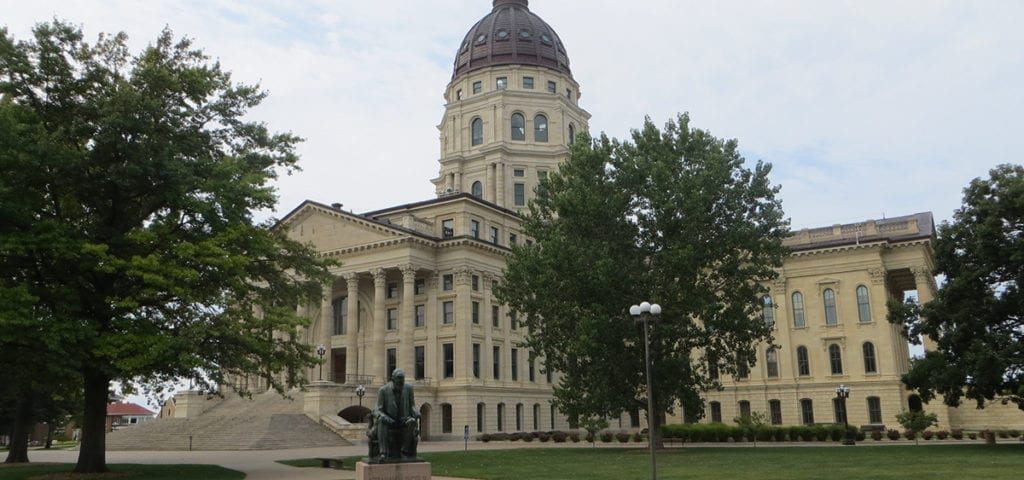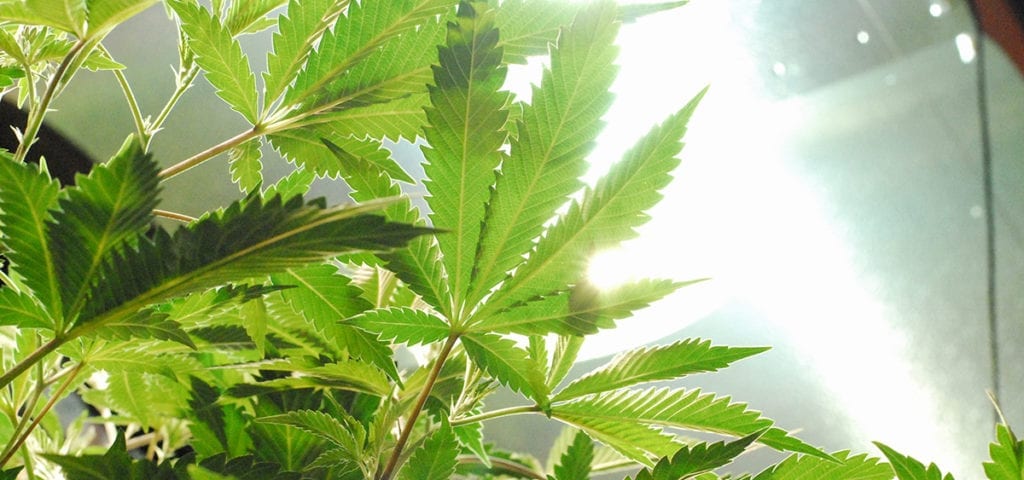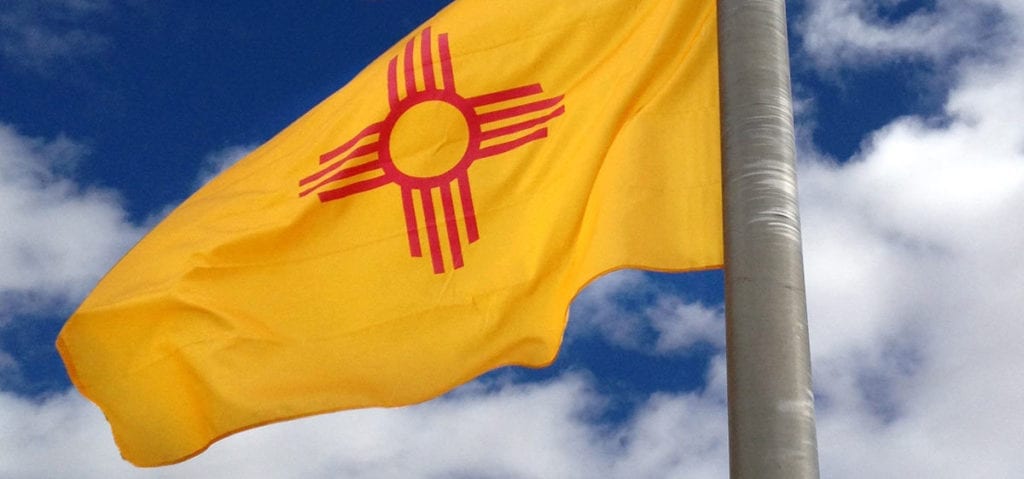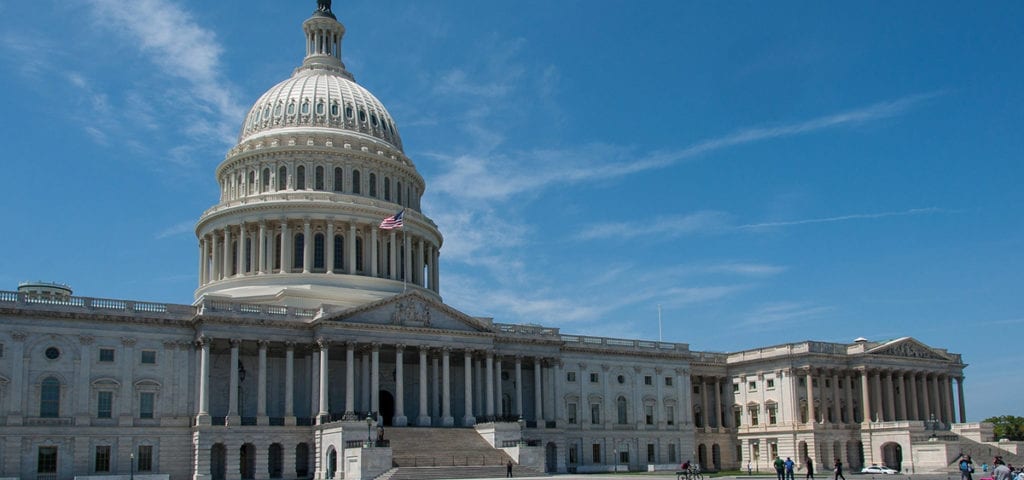Amanda Mac has worn numerous hats in the cannabis industry, including running an educational series for fellow cannabis professionals, co-hosting a radio show with activist Stacy Bloch, and working with a variety of brands. We recently caught up with Amanda to discuss her vision for Bellingham Budfest, a festival coming to Bellingham, WA on July 14, and the process of coordinating the inaugural celebration, including working with city officials, business owners, and citizens.
Check out the interview below!
Ganjapreneur: What is the venue / location of the event? What types of amenities / presentations / performances will there be?
Amanda Mac: Bellingham Budfest 2019 will be held at beautiful Zuanich Point Park, 2600 N Harbor Loop Dr, Bellingham, WA 98225, right on the waterfront. The event will feature seven bands, eight silent disco DJ acts, five educational panels and even a cannabis infusion demo in the boathouse. There will be a silent disco, a glass gallery featuring local artists, and many other vendors including I-502 licensees. We are a Towards Zero Waste festival and have partnered with Eco Crews and Sustainable Connections to help us achieve this goal. We will be the first festival in Whatcom County to require our food vendors only use compostable materials. Weedmaps is sponsoring a water bottle refilling station to encourage attendees to bring their own water bottle, as we are forbidding the sale and give away of single use plastics like water bottles.
What was it like coordinating and cooperating with the relevant authorities? Were they hesitant or skeptical initially?
We have focused on uniting the community behind this event. This angle has gone a long way towards bringing together the relevant players such as the City and Port of Bellingham, Bellingham Police and the Washington State Liquor and Cannabis Board. Every battle that we thought would have to be fought has turned into another opportunity to advance our goals of normalizing and legitimizing Cannabis in our community. This is the right time and Bellingham is the right place to take the idea of a Cannabis celebration to the next level.
How did you first get involved in the cannabis industry, and what inspired you to pursue event organizing in cannabis?
The cannabis industry is in need of the next generation of cannabis events that combines the industry with the community in a way that promotes tourism and safe use. I’ve been passionate about the movement since I wrote my first college research paper about legalizing cannabis at 18 years old. Event organization has been the number one passion of mine throughout my life and the idea for Bellingham Budfest struck me within days of moving to Bellingham.
What is the biggest challenge facing the Washington State cannabis industry right now? How about the industry as a whole?
Unnecessary restrictions on everything from packaging to advertising and on and on. Now that we’re several years in and the sky hasn’t fallen, perhaps treating Cannabis on par with alcohol would be a logical step. Reforming the mission of the LCB is a good idea as well. They are too focused on the punitive aspect and not focused enough on assisting licensees to conform to regulations. They lack uniformity in interpretation and enforcement of law. Individual agents have too much autonomy in how they do their jobs. An agent in Chelan County should make the same decision that an agent in Whatcom County does. This is often not the case.
What do you think the timeline for a major cannabis policy shift at the federal level looks like? What would be the ideal outcome?
There will be a fundamental shift in Federal policy in the next two years, likely less than two in our opinion. An ideal outcome initially would be for the Feds to allow individual states to set policy for themselves and to allow inter-state commerce between states. Federal guidelines for international export/import would also help us regain some lost ground. More Federal dollars for scientific research would also help us catch up to other nations.
What advice would you give to someone thinking about starting a business or finding a career in the cannabis industry?
Be aware of the risks involved. Starting any type of business is risky and trying to prosper in the highly competitive, over-regulated Cannabis Industry is far riskier than most. But if you’re willing to do the long hours, be super flexible and agile in the market, and pour all your creative juice into it, the reward of being involved in something so historic and right is hard to beat.
To learn more about Bellingham Budfest, visit their website.
End

